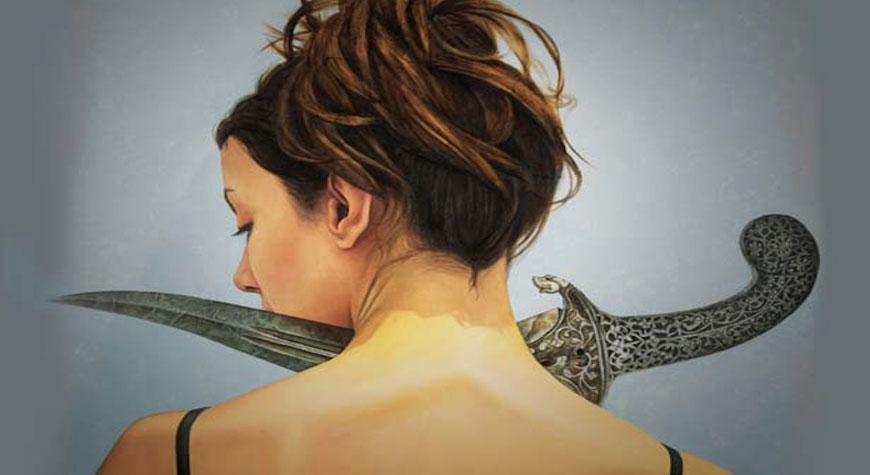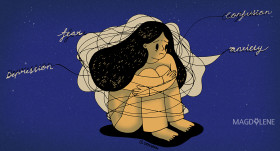 Doctor. Biochemist. Nobel laureate. Academy Award-nominated director. Globe-trotting journalist.
Doctor. Biochemist. Nobel laureate. Academy Award-nominated director. Globe-trotting journalist.
Those are not the words most people would associate with Iranian women, but the reality is that many are just that and more. The oppressed women we have seen in mainstream media do not represent the general condition of Iranian women.
Dr. Nina Ansary (photo, left), a historian and an expert of the women’s movement in Iran, uncovers the largely hidden truth of Iranian women in her new book, Jewels of Allah: The Untold Story of Women in Iran.
The book is a culmination of Dr. Ansary’s scholarly journey. She dug deep into the struggle of Iranian women inside the conservative and highly-patriarchal society after the Islamic Revolution in 1979. While many of the discriminatory laws and the limitation of women’s rights remain strong, the women of Iran have managed to overcome those obstacles and thrive.
“Today, women dominate higher education. The amount of women in higher education is almost 80 percent,” Dr. Ansary said in an interview on the Halli Caser-Jayne show.
The increase of the number of women in the higher education is one of the unintended effects of segregating gender in educational institutions. While the policy was meant to put women in an inferior position, Iranian women utilized the education that, ironically, was built upon the remnants of pre-revolution Western education to continue their fight to empower themselves. This is further proved by the dramatic fertility decline and the increase of the divorce rate, both are ways for women to maintain autonomy in their lives.
Dr. Ansary called the book an homage to Iranian women. She stated that despite the hardliners’ views that women are inferior, “they are actually the jewels of The Creator.”
Born in Tehran, Dr. Ansary left Iran when the Islamic Revolution took place and moved to New York where her father served as the Iranian Ambassador to the United States. She went to Barnard College and received her BA in Sociology, then continued her MA in Middle Eastern Studies and PhD in History from Columbia University.
As a prominent intellectual figure on issues relating to women in Iran, Dr. Ansary serves on the Middle East Institute Advisory Board at Columbia University, in the university’s Global Leadership Council, the Board of Trustees of the Iranian American Women’s Foundation (IAWF), and the Advisory Board of the Pacific Youth Foundation.
One thing that Indonesia could learn from the feminist movement in Iran is that the movement should be tailored to its cultural background. As Dr. Ansary stated in the interview, every country should stay true to its cultural context while upholding the core ideology of “cutting the cords of patriarchy.”
“I really like to look at feminism, I think that every country should really remain true to its own cultural context and build on that, but, ultimately, feminism and women’s rights is freedom from patriarchal chains. So in the end, we are striving for the same things, as far as I’m concerned.”
Listen to this interesting podcast of Dr. Nina Ansary’s interview with Halli Caser-Jayne.
Aqila Putri is a sophomore studying at Wesleyan University, trying to pursue her degree in Economics and International Relations. Her daydreams consist of owning a bakery and a kitchen like Gordon Ramsay's. Hit her up at @aqilalistya to talk about food, cat, and social justice.








Comments